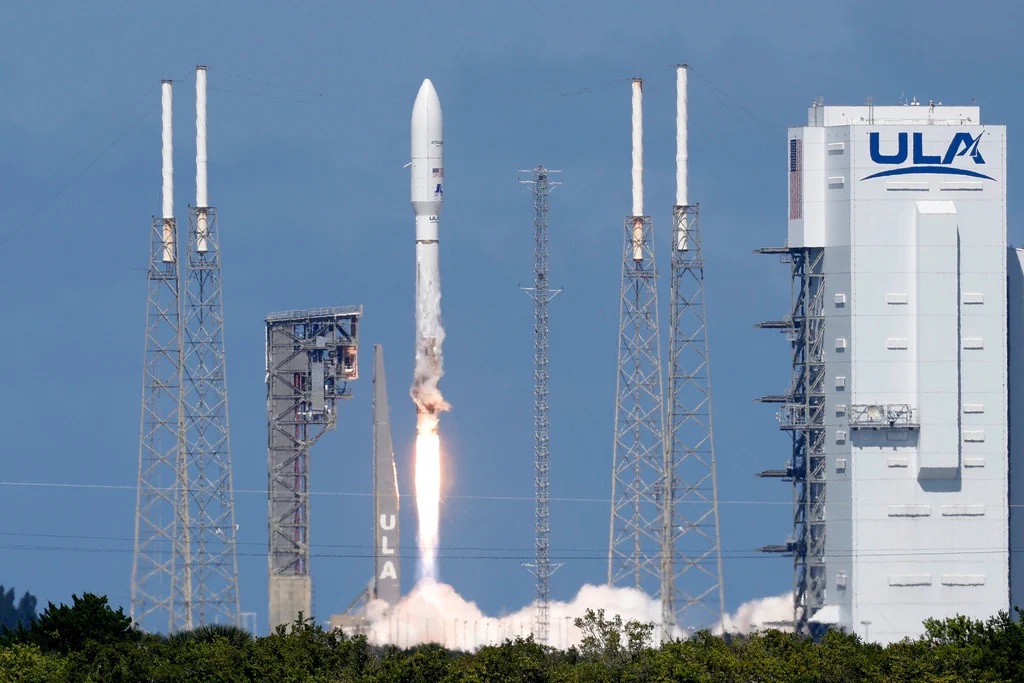
Amazon’s ambitious satellite internet project, Kuiper, has encountered significant production delays as it aims to compete with Elon Musk’s Starlink. Originally slated to launch earlier this month, the mission was scrubbed due to unfavorable weather. We’re looking forward to the launch, now scheduled for April 28. Liftoff of Amazon’s satellites into a polar orbit will be provided by an Atlas V rocket.
The launch’s urgency is a result of government mandate. Kuiper still has 1,600 satellites to launch and put into orbit by this time next summer. In order to deliver on this deadline, Amazon needs to increase its current production rate by four times. The company has barely launched a couple dozen satellites so far. That has led to alarm over its capacity to actually deliver the government’s needs on schedule.
Kuiper’s Strategic Play in the Satellite Internet Space
The long awaited upcoming launch is a big strategic play for Amazon. To ensure itself a foothold in the increasingly crowded and competitive satellite internet space. Deeply connected to his formative years in poverty, Kuiper’s ostensible motivation is to connect the world’s poorest communities to high-speed internet, just like Starlink. The industry is moving too fast. Kuiper’s eventual success hinges on its ability to ramp up production and deliver on the razor-thin timelines laid out by regulators.
The Atlas V rocket is known for its precision and reliability. It has safely and successfully flown dozens of missions with a diverse array of customer payloads. This rocketry choice is another indication of Amazon’s serious bet on guaranteeing successful and reliable deployment of its satellites. The company is facing growing, self-imposed pressure to showcase new progress in its fledgling satellite manufacturing operations.
Author’s Opinion
While Amazon’s Kuiper project shows promise in addressing the global demand for satellite internet, the company faces significant hurdles in meeting its tight timelines. The production delays and the need to ramp up satellite manufacturing raise concerns about whether Amazon can deliver on its ambitious goals, particularly in light of the growing competition from Starlink. The choice of the reliable Atlas V rocket for the launch indicates Amazon’s commitment to success, but it will need to significantly increase its production capacity to stay on track.
Featured image credit: FMT
Follow us for more breaking news on DMR
